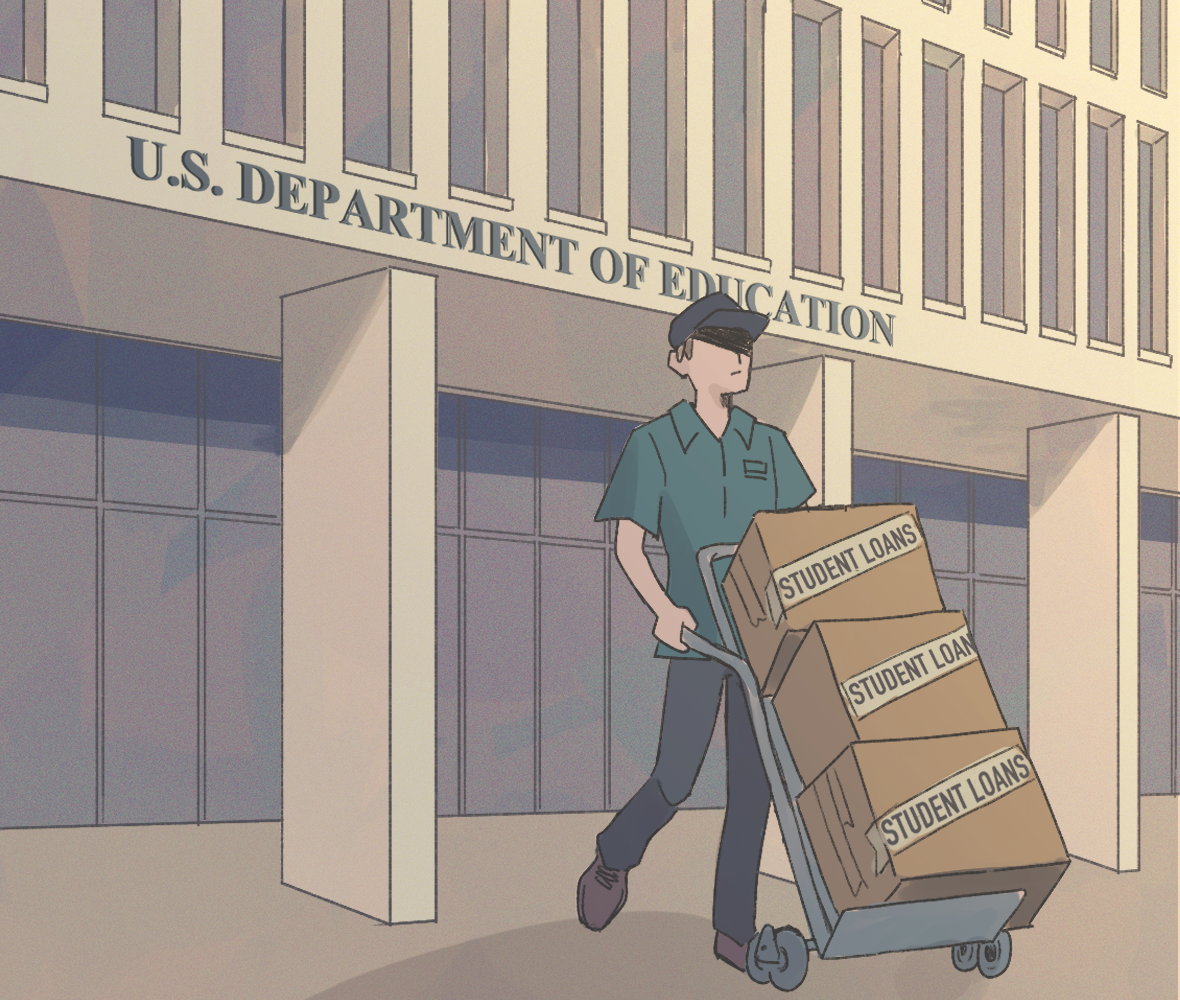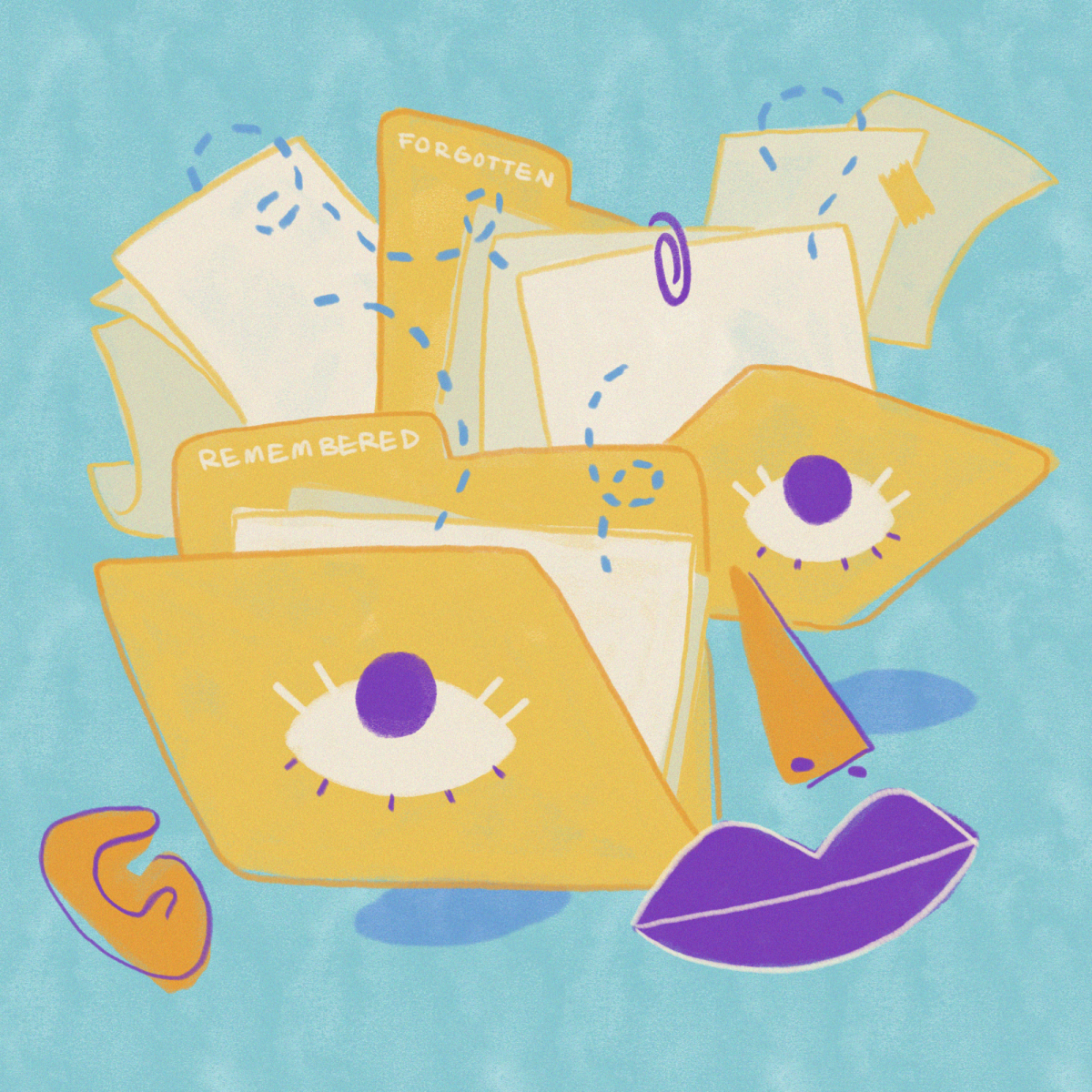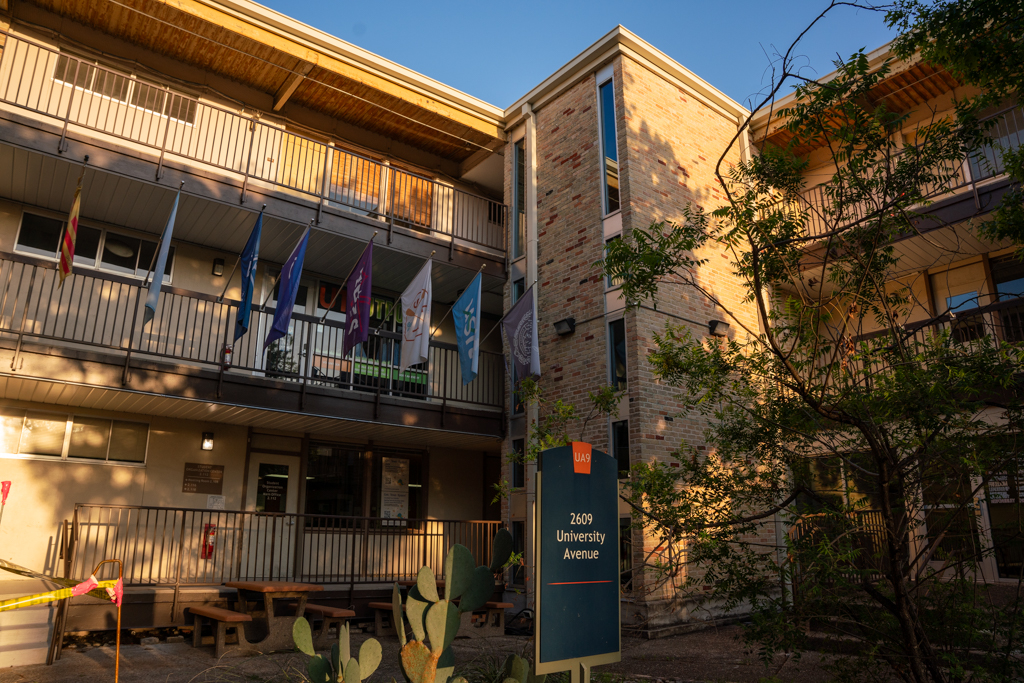More than six years after Hurricane Katrina devastated the city of New Orleans, UT is joining with Emory University to make stories of the storm’s human impact easily accessible to the general public.
Southern Spaces, an online journal on Southern culture at Emory University, is teaming up with UT Press to compile stories and information about Hurricane Katrina. The organizations will use the data to create a free online publication for the public. The team is collecting and rewriting articles, essays and audio recordings that will then be made available on UT Press’ online archives. UT Press already maintains the Katrina Bookshelf Series, a collection of digitized documents about Hurricane Katrina. This collection will serve as a starting point for the new project.
Allen Tullos, editor of Southern Spaces and head of Emory’s involvement in the project, said the team plans to continue archiving as long as they have unrecorded documents. He said that until UT and Emory began digitizing their collections of literature about the storm, none of it was presented in an accessible, easy-to-read format.
“All of the information about Hurricane Katrina was interesting, but it was presented entirely in print,” Tullos said. “What we are publishing contains images and multimedia pieces so that everyone can understand.”
The project will feature maps, charts and interactive multimedia components that could not be portrayed in a print-only journal.
Although Hurricane Katrina hit six years ago, the effects of its destruction are still present, Lynn Weber, psychology professor at the University of Southern Carolina, said. Weber, who co-authored essays and novels in UT’s Katrina Bookshelf Series, said close to 1,000 families are still displaced from the storm. Weber travels to New Orleans with a team of six colleagues three times a year to research Katrina’s continued impact on the city.
“One of the great things in working on documenting this momentous storm was talking to the people who lost their homes and knowing we could help them if this ever happened again,” Weber said.
Monica Johnson, an electrical engineering sophomore from New Orleans, said that this archive will help prepare people for the next hurricane because computers are capable of so much more than printed material.
“Just knowing that if we ever needed to know something about that storm it would be there, that definitely makes the whole thing more real,” Johnson said.














